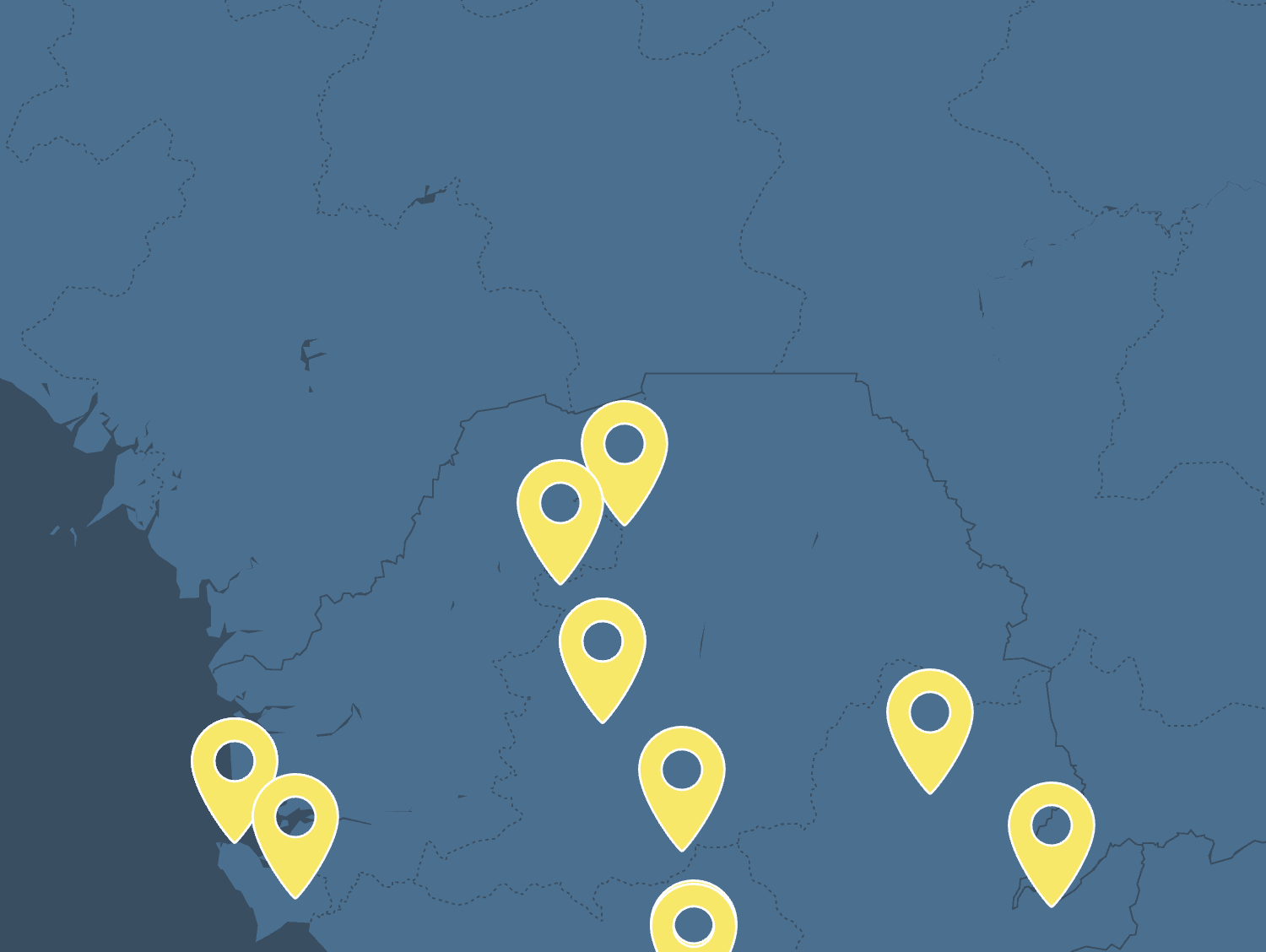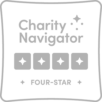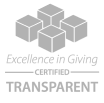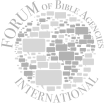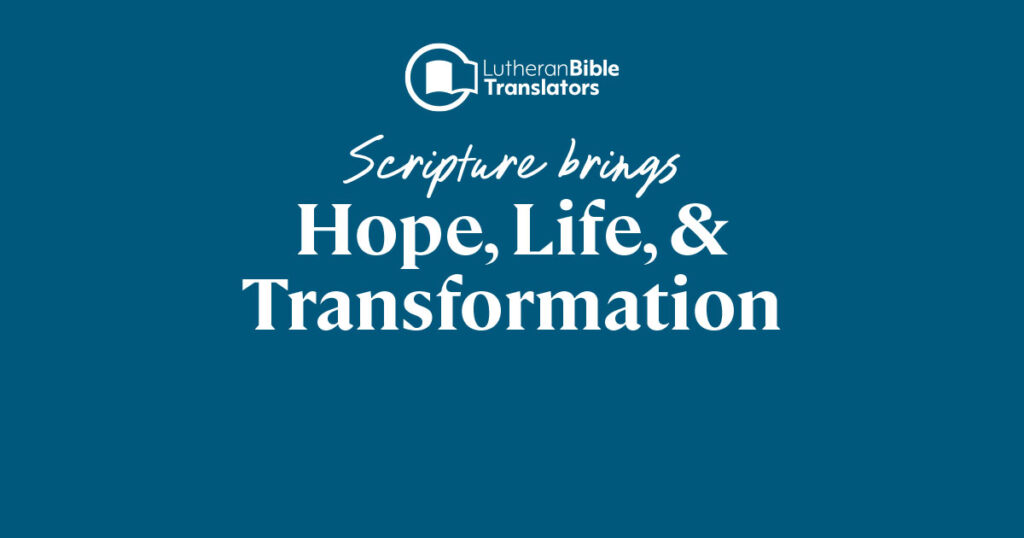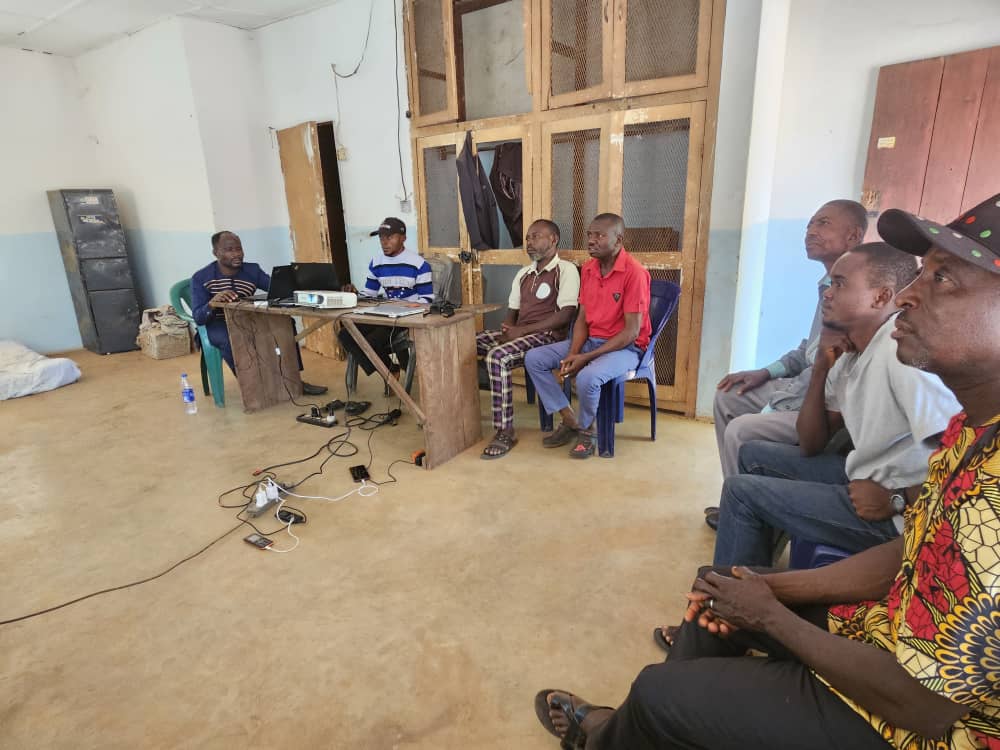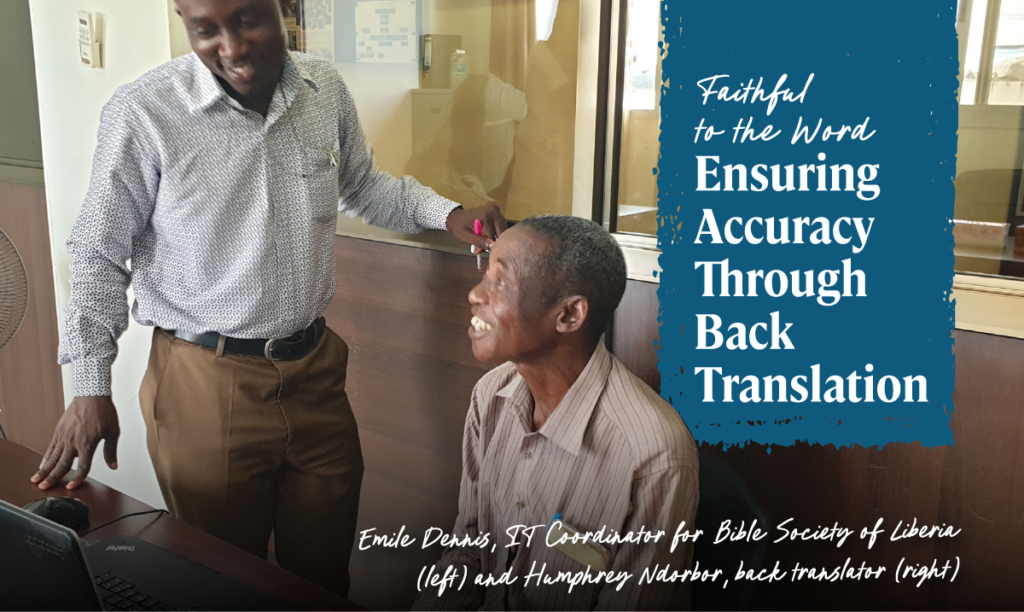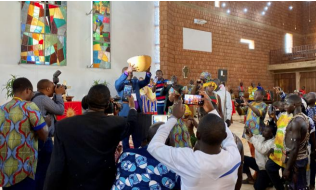LimbaScripture Engagement
Empower Limba speakers to engage with God’s Word by supporting facilitator training, expanding literacy classes, and introducing culturally relevant Scripture programs.
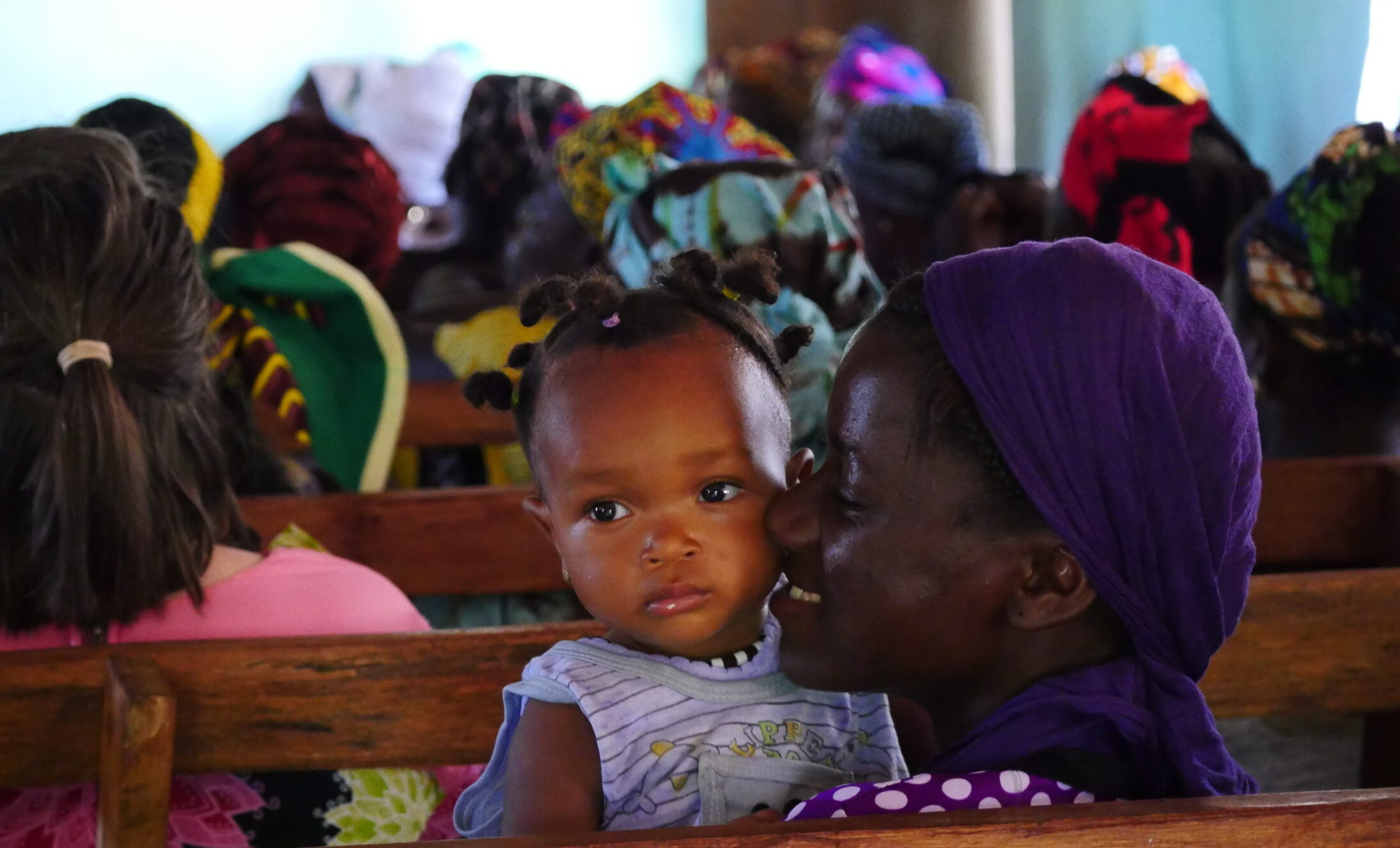
Country
- Sierra Leone
Region
- West Africa
Language Population
538,000
Addressing Literacy Needs in Limba Communities
The translation of the New Testament into Limba has enabled pastors to preach in their heart language, but literacy remains a critical need to deepen community engagement with God’s Word. Building on the success of over 35 literacy classes established in the Tonko and Sella Limba Chiefdoms, new programs are expanding with enhanced facilitator training, culturally relevant materials like Limba proverbs and riddles, and Scripture-based initiatives such as Bible listening groups, Scripture songs, and dramatized Bible stories.
These programs are not only transforming lives spiritually but also elevating entire communities. One participant noted, “I have gone from being a common man to a notable man in society.” By combining literacy, Scripture engagement, and capacity-building activities, Limba communities are gaining tools for spiritual growth, cultural preservation, and sustainable development.
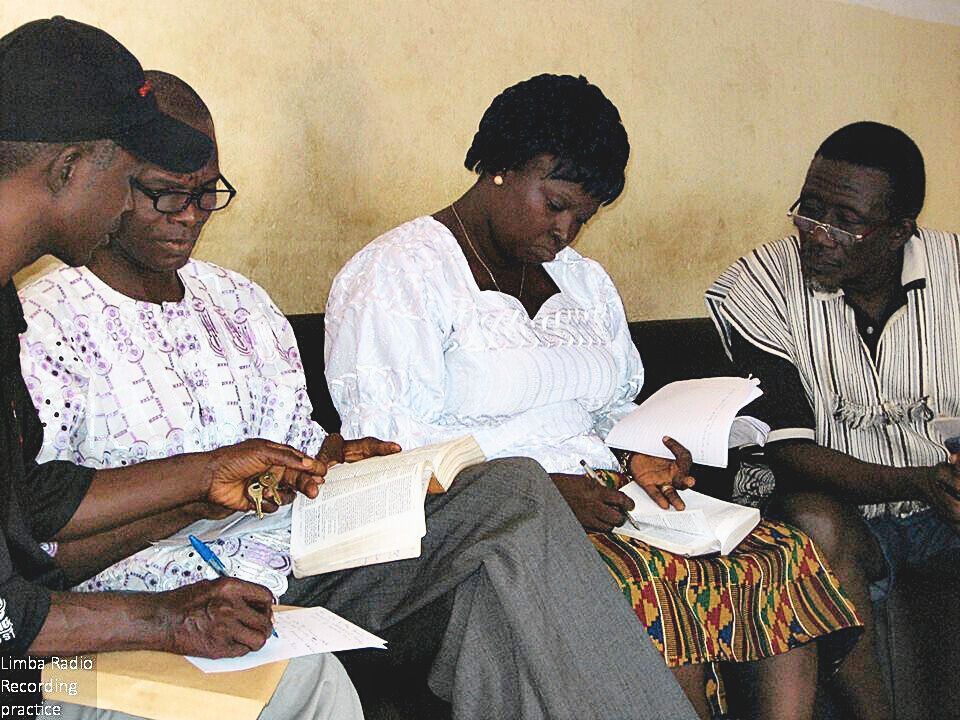
Empowering Local Leaders
We partner with local leaders in Sierra Leone to equip Limba-speaking communities with literacy programs and Scripture engagement tools, empowering them to encounter God’s Word in their heart language.
Program Goals
- Expand literacy opportunities
- Foster Scripture engagement through innovative programs
- Develop and distribute culturally relevant teaching materials
- Host events that celebrate cultural identity and partnerships
- Provide aid and support to disaster-affected communities
- Promote long-term sustainability through capacity-building efforts
Limba Scripture Engagement Program Plan
Step 1
Build Literacy Foundations
- Supervise existing literacy classes to ensure quality teaching and engagement.
- Conduct refresher workshops to prepare 30 facilitators for ongoing classes.
- Train 20 new facilitators to establish literacy classes in the Tonko and Sella Limba Chiefdoms.
- Expand multi-level literacy programs by hosting five-day training sessions for Primer 2, 3, and 4 facilitators.
Step 2
Promote Scripture Engagement
- Facilitate ongoing community Bible reading activities and related radio discussions.
- Launch 8 Bible listening groups by training 16 facilitators through the “Faith Comes by Hearing” program.
- Conduct workshops to compose Scripture songs and dramatize Bible stories like Jonah and the Prodigal Son.
- Train children’s ministry leaders using translated teachers’ guides.
Step 3
Develop and Distribute Resources
- Review and refine advanced literacy materials during a reviewers’ workshop.
- Organize a writers’ workshop to collect and preserve Limba proverbs and riddles.
- Print and distribute essential teaching materials, including: 250 Pre-Primer books and 250 Primer 4 books, 200 Limba hymnals, 600 farming calendars, and 400 class registers.
- Provide culturally relevant Bible storybooks and teacher guides for children’s ministries.
- Host cultural and programmatic events, including International Mother Tongue Day, International Literacy Day, an Annual Thanksgiving Service, and a retreat to honor partnerships, evaluate outcomes, and celebrate successes.
Meet the Local Team
Partner Organizations
Honoring the Language
The Limba people are the third largest ethnic group in Sierra Leone.
The Limba are believed to be the earliest indigenous people of Sierra Leone.
The Limba speak various dialects of a language largely unrelated to other tribal languages in the country.
Dialects include Tonko, Sela, Kamuke (or Ke), Wara-wara, Keleng, Biriwa, and Safroko.
The program collects and preserves Limba proverbs, riddles, and hymns to integrate faith and heritage into learning.
Program Progress
The 20 old classes were supervised and the facilitators were encouraged to use the correct primer teaching methodology. The four new classes were seen and were supplied with chalk and primer textbooks. Four blackboards were also supplied to them, one for each class.
Bible reading has become a very interesting habitual practice in the Limba Literacy Project. There are still eight centers and each group is increasing in attendance. They are using these groups to promote the quality and fluency in reading the Limba Bible.
Help Bring Scripture to Life
Your donation helps translate God’s Word into the Limba language. Every gift makes a difference.
